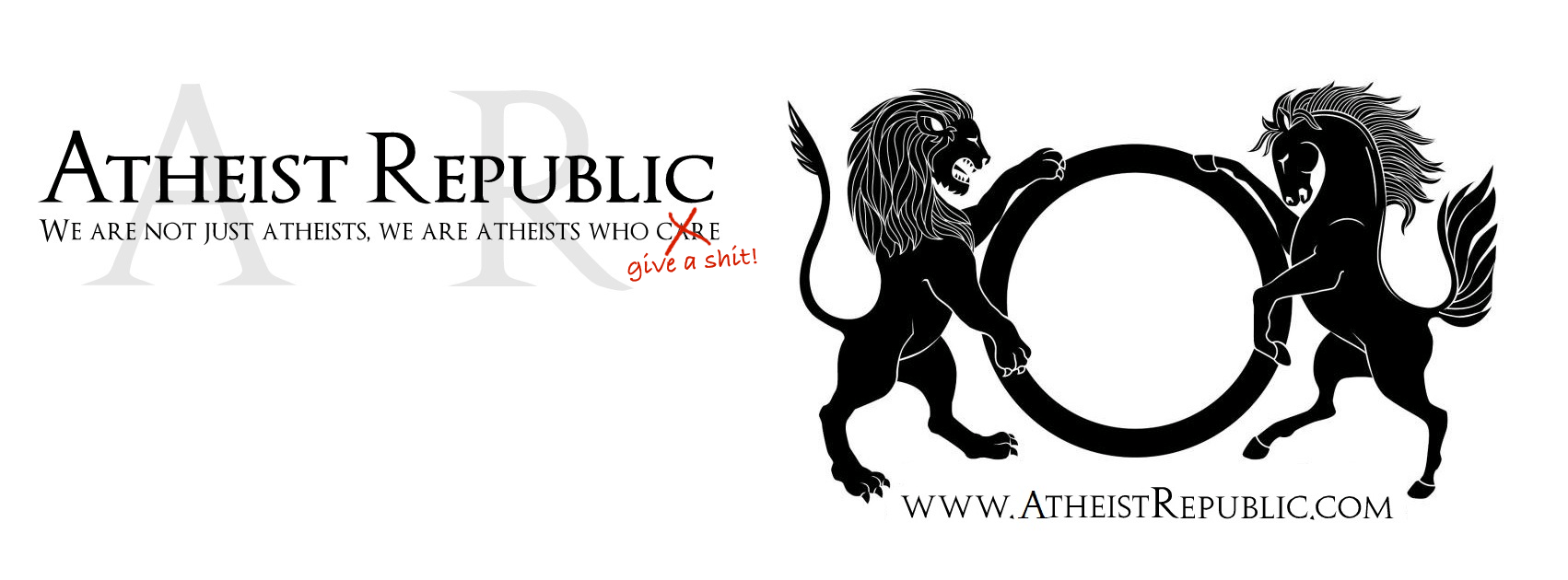
AT
atheistrepublic
@atheistrepublic (75.26)
Atheist Republic advocates against religious and dogmatic teachings that promote violence and oppression.

@atheistrepublic (75.26)
Atheist Republic advocates against religious and dogmatic teachings that promote violence and oppression.